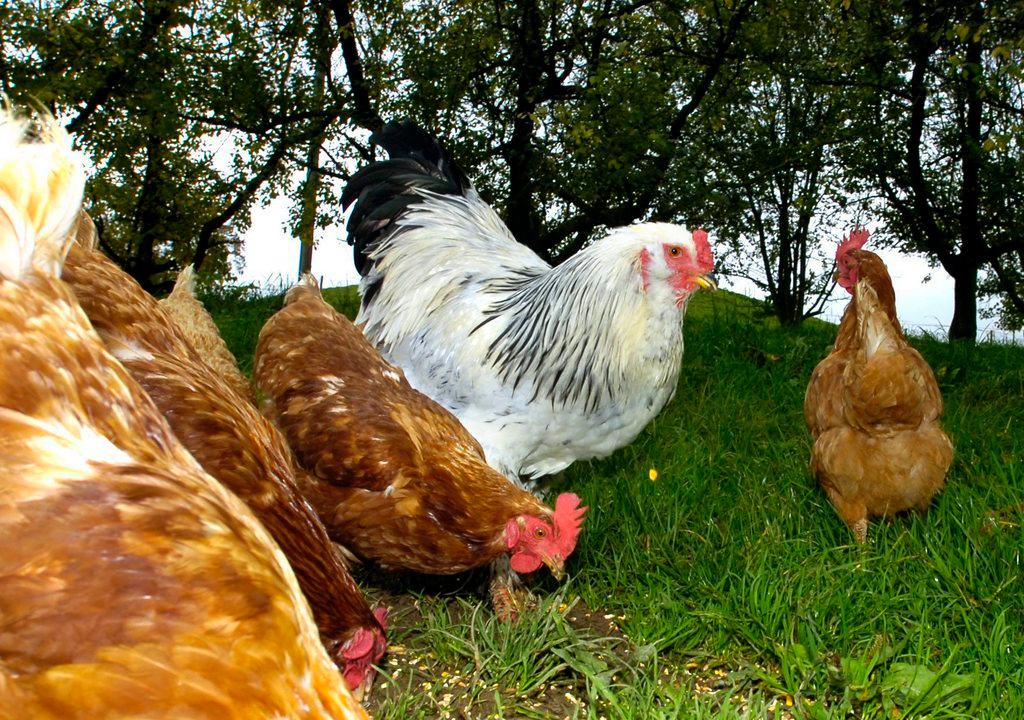Swiss eat a record number of eggs

Poached, fried or boiled? It seems that in Switzerland people like their eggs all ways. They ate 1.51 billion of them last year, a new record.
Egg consumption was up by 1% in 2017, according to the Federal Office for AgricultureExternal link. “The rise in domestic egg consumption can be explained on the one hand by the 0.8% rise in the population. Also, per capita egg consumption rose slightly by 0.2% to around 177 eggs, the office said in a statementExternal link released just in time for Easter.
+ Find out what eggs tell us about the Swiss in this video
However, it noted that neighbouring Germany’s (and Austria’s) per capita consumption was far beyond that of Switzerland’s at 235 eggs per person.
Egg stats, scandal
In all, 923 million eggs were produced in Switzerland, up by 1.8% over 2016. The number of organic eggs produced rose by 12%, to 158 million. They now have a market share of 17.2%. In addition, 7.6% more organic eggs were sold last year. Free-range eggs sales also saw a boost, up by 5.8%.
The largest market share however remains with barn eggs – both Swiss and imported – at 58.2%. It seems that the Swiss are turning away from imported eggs though – sales were down by 4.9%.
The agriculture office said this was mainly to do with the scandal over contamination with the pesticide Fipronil, which affected eggs in the Netherlands and in northern Germany – the top egg exporters to Switzerland.
In August 2017 several larger supermarket chains in Switzerland withdrew all imported eggs as a precaution over the contamination. Swiss eggs were not affected.
+ Read more about the egg measures here
Earlier this month Switzerland’s largest supermarket chain Migros announced that it would only sell free-range eggs in its stores from 2020. Switzerland was also the first country to ban battery egg farming in 1991.

In compliance with the JTI standards
More: SWI swissinfo.ch certified by the Journalism Trust Initiative










You can find an overview of ongoing debates with our journalists here . Please join us!
If you want to start a conversation about a topic raised in this article or want to report factual errors, email us at english@swissinfo.ch.